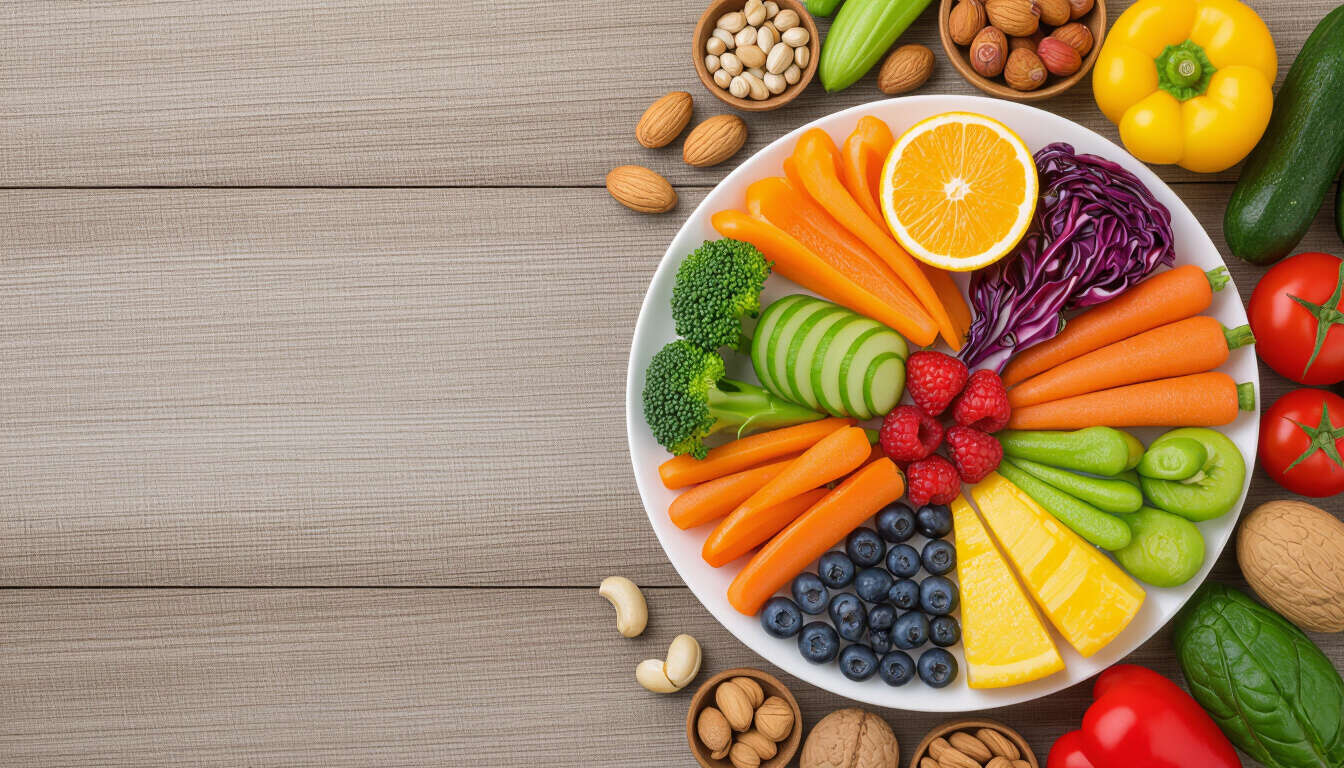Nutrition Tips for Enhancing Productivity with ADHD
 by Thaddeus Blanda
by Thaddeus Blanda
Discover how simple dietary changes can help manage ADHD symptoms and improve daily focus. Learn about essential nutrients and practical eating habits that support better energy and concentration for adults with ADHD.

Many individuals with ADHD experience challenges in maintaining steady energy and focus throughout the day. Good nutrition can play a key role in supporting brain health and overall productivity. By choosing the right foods, you can feel more empowered to handle daily tasks.
Essential Nutrients for Brain Health
A balanced diet rich in specific nutrients can aid concentration and mood stability. For instance, omega-3 fatty acids are vital for cognitive function. These healthy fats, found in fish like salmon and walnuts, help support brain cell membranes. Including them in meals might lead to improved mental clarity.
Another important element is protein. Sources such as eggs, lean meats, and beans provide amino acids that the body uses to produce neurotransmitters. These chemicals help regulate attention and impulse control, making protein a helpful part of your routine.
Foods to Include and Avoid
Incorporating whole foods into your diet can make a difference. Fruits and vegetables, packed with vitamins and antioxidants, offer steady energy without the crashes from sugary snacks. For example, berries and leafy greens can provide the nutrients needed for better cognitive performance.
On the other hand, limiting processed foods high in additives might reduce hyperactivity. Sugar intake from candies and sodas can cause quick spikes and drops in energy, affecting your ability to stay on task. Opting for natural sweeteners or whole fruits instead can help maintain even blood sugar levels.
Hydration is often overlooked but crucial. Drinking enough water supports overall bodily functions, including brain activity. Aim for at least eight glasses a day to keep your mind sharp and avoid fatigue.
Practical Meal Ideas
Creating simple, enjoyable meal plans can ease the process. Start your day with a breakfast that includes whole grains, like oatmeal topped with nuts and seeds. This combination offers sustained energy to tackle morning activities.
For lunch, try a salad with mixed greens, grilled chicken, and avocado. Such meals provide a mix of nutrients that promote focus without overwhelming your senses. In the evening, prepare dinners with vegetables and lean proteins to wind down effectively.
Snacking wisely is also beneficial. Keep healthy options like carrot sticks or yogurt on hand to curb cravings and maintain productivity between meals.
Building Sustainable Habits
Making these changes doesn't have to be overwhelming. Begin with small adjustments, like adding one new food to your diet each week. Track how these choices affect your energy and focus to stay motivated. Remember, everyone's body responds differently, so finding what works for you is a personal process.
Over time, consistent nutrition practices can lead to greater confidence in managing ADHD. By prioritizing your health through thoughtful eating, you open doors to more productive and fulfilling days.
